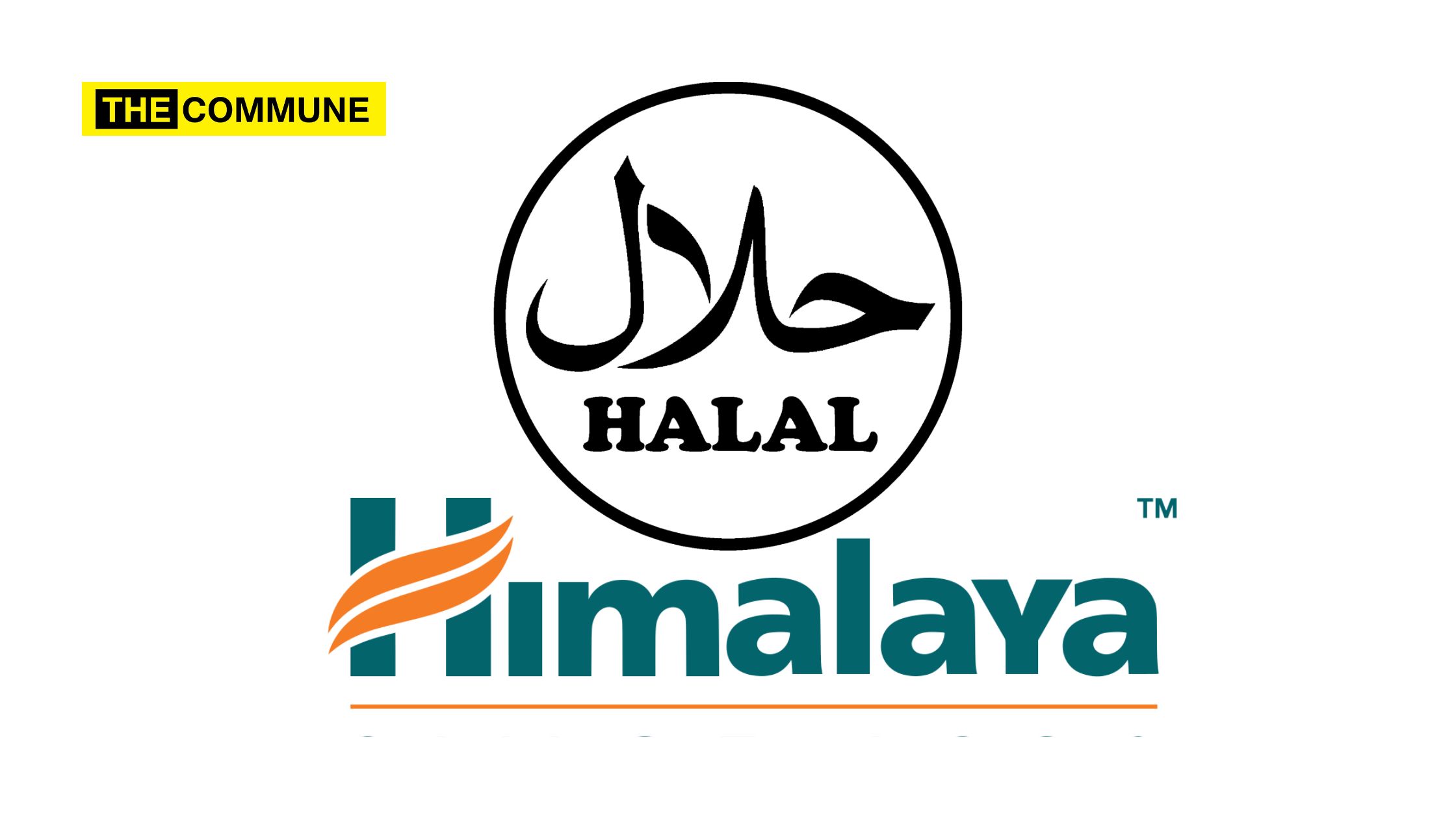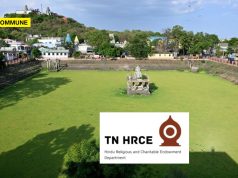
A photo went viral on WhatsApp and then on other social media platforms where pharmaceutical company Himalaya purportedly says it uses halal-certified products.
The message in the image claims that the company maintains the ‘halal-ness’ of the herbal, chemical, food colour products in order to fulfil the obligation for Muslims to consume halal products.
It further claims that the company’s products comply with Islamic law, which is the Shari’ah, and are free from any forbidden ingredients under Islamic law. Since then, #BoycottHimalaya has been trending on Twitter and other social networking sites.
I have stopped buying Himalaya products, have you? pic.twitter.com/G28Ez07Jcu
— Sanjay Dixit ಸಂಜಯ್ ದೀಕ್ಷಿತ್ संजय दीक्षित (@Sanjay_Dixit) March 30, 2022
Earlier, in July 2021, several social media users shared a claim suggesting that the Himalaya Drug Company’s neem, tulsi, and lasuna supplements contained halal-certified meat. There was a claim that the Himalaya cosmetic products, tulsi, and neem capsule shells are made from gelatine, which is obtained from cows or pigs, and are halal-certified.
Halal certification is issued by even governments, state authorities and big corporations in Islamic as well as other nations. Many private companies in India say they are halal-certified. While telling Muslims that the food offered does not offend their religion, and that cosmetics and pharmaceuticals that include animal by-products were obtained by killing animals the Islamic way, it also means implicitly that a certain percentage of Muslims were employed in the workforce to produce the good.
Within the domain of animal products, of course, alcohol is present in perfumes and pig fat is used in lipsticks and lip balms while cosmetic items use pig, chicken, goat, and other animal by-products, all of which are considered haram by Islamic law. As a result, halal-certified cosmetics and pharmaceuticals merely signify that they do not include any ingredients that are forbidden to Muslims.
Companies on the other hand are securing halal certification for their products so that they can be exported to Islamic countries.
Demand for boycott of Halal meat and products has been growing louder for a long time saying that non-Muslims should not be allowed to consume food that is prepared according to Islamic rites. When things other than meat are halal-certified — for example, a halal-approved factory — it implies that the facility or the product employs a certain number of Muslim workers, explains jhatka activist Ravi Ranjan Singh who had carried out a campaign to rid the parliament canteen of halal certification.
Halal in Arabic means ‘permissible’. In the Halal method of slaughtering, the animal or the bird is killed by cutting through its jugular vein, carotid artery and windpipe that drains out all the blood, leading to its slow death. Halal certification mandates that the process must be performed only by a Muslim and the name of Allah must be invoked while slaughtering. Any deviation from the mandated process renders the meat ‘haram’ (forbidden).
Halal is seen as imposition of Islamic religious beliefs and practices over non-Muslims. It is also seen as leading to monoculturalism and monopoly as they restrict culinary diversity and keep non-Muslims out of business and employment opportunities.
(Parts of the article have been sourced from Sirf News with permission).
Click here to subscribe to The Commune on Telegram and get the best stories of the day delivered to you personally




